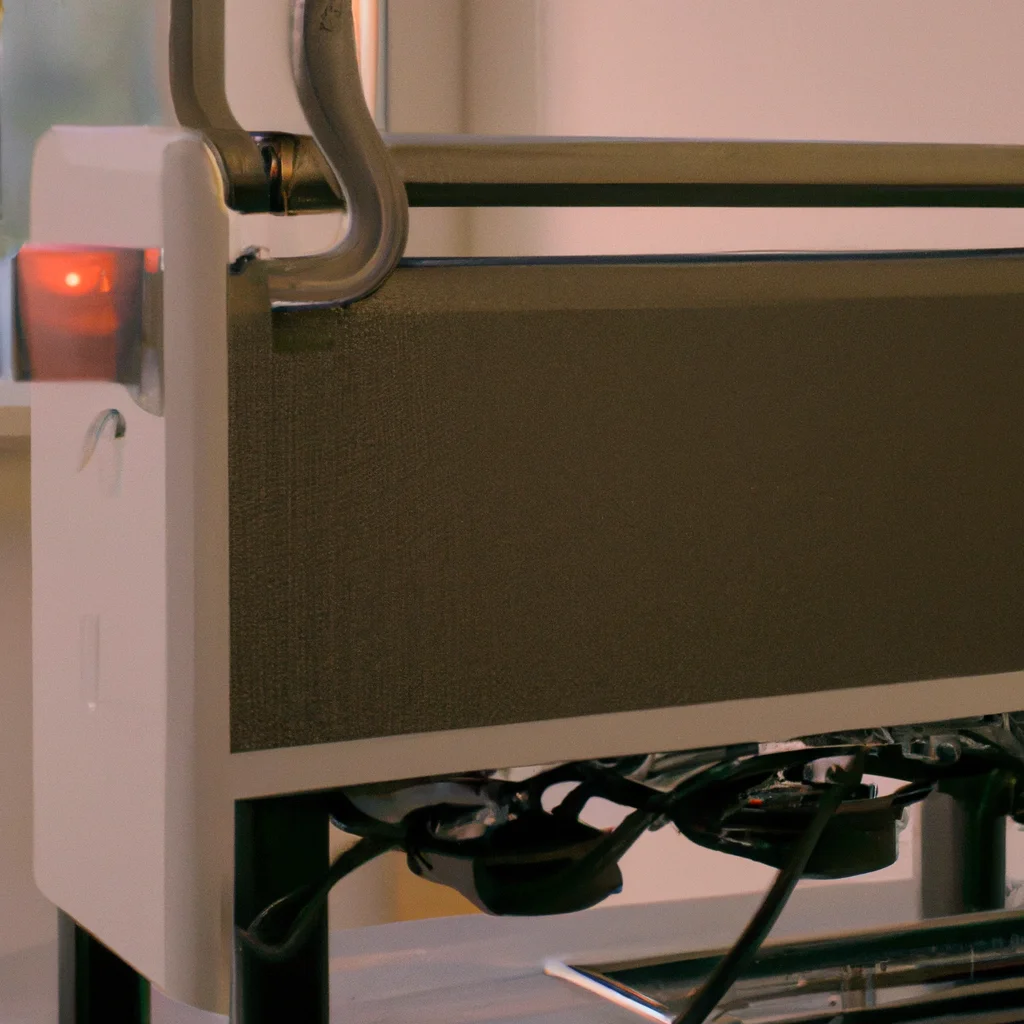How does a gas heater work?


How does a gas heater work?
A gas heater is a popular type of heating system used in many homes. It is part of the HVAC (heating, ventilation, and air conditioning) system that regulates the temperature and air quality inside a building. In this article, we will explore how a gas heater works, its components, and the benefits of using it for home heating.
Components of a Gas Heater
A gas heater consists of several components that work together to produce heat. These components include:
1. Burners: These are the parts responsible for igniting the fuel (natural gas or propane) and producing heat.
2. Heat exchanger: This component transfers heat from the burners to the air that circulates through the system.
3. Blower: The blower is responsible for pushing the heated air through the ductwork and into the rooms of the house.
4. Thermostat control: This component regulates the temperature of the air produced by the heater.
How a Gas Heater Works
When the thermostat detects that the temperature in the house has dropped below the set temperature, it sends a signal to the gas valve to open. The gas valve then allows gas to flow into the burners, where it is ignited by a pilot light or an electronic ignition system. The flames from the burners heat up the heat exchanger, which in turn heats up the air that passes through it.
The blower then pushes the heated air through the ductwork and into the rooms of the house. As the air circulates, it warms up the space. The thermostat continues to monitor the temperature and adjusts the heater accordingly. When the desired temperature is reached, the thermostat signals the gas valve to shut off, and the heater stops producing heat.
Benefits of Using a Gas Heater
1. Energy Efficiency: Gas heaters are more energy-efficient than other types of home heating systems. They use less energy to produce the same amount of heat, which translates to lower utility bills.
2. Cost-effective: Natural gas and propane are cheaper fuels than oil or electricity, making gas heaters a cost-effective option for home heating.
3. Quick and Efficient Heating: Gas heaters can heat up a home quickly and efficiently, making them ideal for cold winter months.
4. Low Maintenance: Gas heaters require minimal maintenance, making them a convenient and hassle-free option for homeowners.
Types of Gas Heaters
There are two main types of gas heaters: furnaces and heat pumps.
1. Furnaces: Furnaces are the most common type of gas heater. They work by blowing heated air through ducts and into the rooms of the house. Furnaces can be powered by natural gas or propane.
2. Heat Pumps: Heat pumps work by transferring heat from the air outside the house to the air inside the house. They can be used for both heating and cooling and are more energy-efficient than furnaces. Heat pumps can be powered by electricity or natural gas.
Conclusion
In conclusion, a gas heater is an essential component of the HVAC system that regulates the temperature and air quality inside a building. It consists of several components that work together to produce heat, including burners, heat exchanger, blower, and thermostat control. Gas heaters are popular for home heating because they are energy-efficient, cost-effective, quick and efficient, and require minimal maintenance. There are two main types of gas heaters: furnaces and heat pumps. Furnaces blow heated air through ducts, while heat pumps transfer heat from the air outside the house to the air inside the house. Ultimately, a gas heater remains an excellent option for homeowners looking for a reliable and efficient home heating system.
Recent Posts
How do I create an engaging and informative online quiz or assessment?
Creating an engaging and informative online quiz or assessment can be a powerful tool for… Read More
What are the most effective methods for managing and reducing work-related stress in the hospitality industry?
Work-related stress is a common issue in the hospitality industry, where employees often face long… Read More
How can I improve my assertiveness and communication skills in a leadership position?
In a leadership position, assertiveness and effective communication skills are crucial for success. Being able… Read More
What are the key elements of a successful employee recognition and rewards program?
Employee recognition and rewards programs play a crucial role in motivating and engaging employees, as… Read More
How do I effectively manage and respond to customer feedback and reviews?
Customer feedback and online reviews play a crucial role in shaping a company's reputation and… Read More
What are the best strategies for effective time management as a stay-at-home parent?
Effective time management is crucial for stay-at-home parents who juggle multiple responsibilities on a daily… Read More